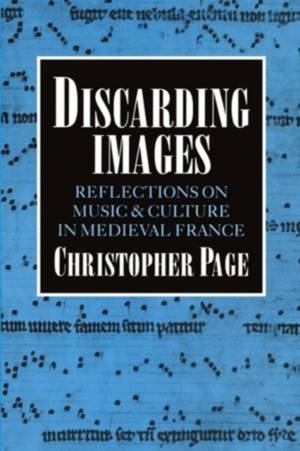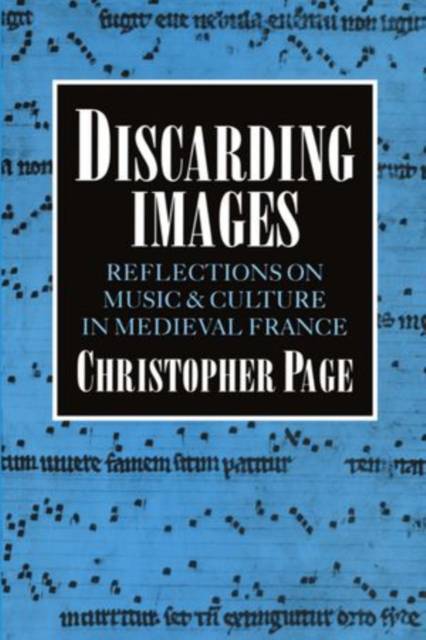
- Afhalen na 1 uur in een winkel met voorraad
- Gratis thuislevering in België vanaf € 30
- Ruim aanbod met 7 miljoen producten
- Afhalen na 1 uur in een winkel met voorraad
- Gratis thuislevering in België vanaf € 30
- Ruim aanbod met 7 miljoen producten
Zoeken
€ 107,95
+ 215 punten
Omschrijving
For many centuries, the Western imagination has pictured the medieval period as a kind of odyssey. This text explores this false image, examining medieval reflection on the "numerical" explanation of musical beauty, and the relation between 14th-century innovations and contemporary science.
Specificaties
Betrokkenen
- Auteur(s):
- Uitgeverij:
Inhoud
- Aantal bladzijden:
- 246
Eigenschappen
- Productcode (EAN):
- 9780198166795
- Verschijningsdatum:
- 7/08/1997
- Uitvoering:
- Paperback
- Afmetingen:
- 231 mm x 155 mm
- Gewicht:
- 380 g

Alleen bij Standaard Boekhandel
+ 215 punten op je klantenkaart van Standaard Boekhandel
Beoordelingen
We publiceren alleen reviews die voldoen aan de voorwaarden voor reviews. Bekijk onze voorwaarden voor reviews.











